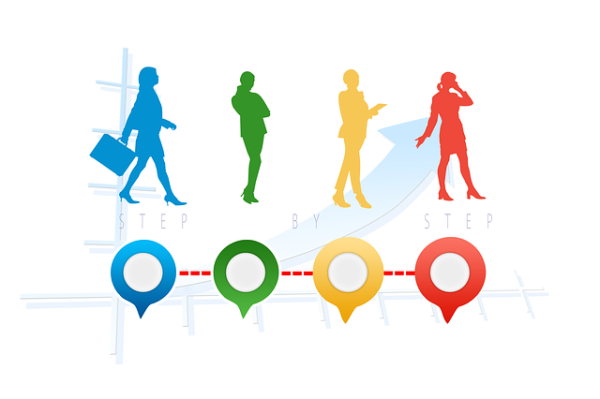
It is a huge decision to make a career switch. There are many things you should consider. The first step in evaluating your skills and interests is to assess them. You can also consider budgeting to make the move. Another important consideration is whether the new career will affect your family relationships. You might want to discuss your options with your children before making a decision about a new career. If you're already working, it might be more difficult to make the change.
Evaluation of your interests, values, or skills
When deciding to make a career change, it's helpful to look at your interests, skills, and values. For example, you may like helping people or working in a creative environment. However, data entry may be monotonous for you. It is important to take a step back from your career path in order to discover your values and interests. Write down your thoughts and share them with others after you have completed your assessment. Keep a journal in which you can record all of your career-related thoughts.
Although an assessment will not help you determine your career path or make any decisions, it can help to identify areas where you should study more. You should remember that certain skills can be used across many career paths. You can count on strong communication skills to be useful in many different roles. It doesn't matter what career you choose, but it's important to recognize your strengths and find skills that can be transferred.

Planning for a career transition
Understanding the financial implications of career changes is essential before making any decisions. It is possible to lose your vacation weeks, tuition reimbursement, and bonuses. It is possible that you will need to purchase new work clothes, or even pay for child-care. You may also need to downsize your house. If you take these steps now, you can lower your monthly expenses and have enough cash to finance a career switch.
It is possible to budget for membership fees to societies and associations. Many societies offer student rates, which can help you save money. It is also important to get credentials. These can help you stand out in the job market. These could include classes, tests, and required meetings. You can deduct most of these expenses if your goal is to find a job in the same area. In addition, if you're changing careers, you'll have to pay taxes on the expenses.
Experience a taster career
There are many reasons to think about a career shift. Maybe you've recently changed your life goals and are looking for more meaningful work. You might have been laid off or transferred to another job. Or maybe you have ill-informed expectations of your career. You are not alone in your ill-conceived career expectations. It can be a great way to experience a new career before making a commitment to it.
Asking yourself why is the first step to making a career shift. You'll then be able set realistic goals and make a decision. Maybe you're not looking to change your career completely but are just looking for a new challenge. Consider reaching out for a mentor or career coach to help you evaluate your strengths, and then make the leap.

Estimating the cost of formal education or training
Consider the cost of formal education before making a decision to follow a career path. You can budget for these costs to plan your schedule around formal education. For your education to be financially feasible, you might have to sell some of your possessions. Although it may seem easy, it is important to be ready for any additional expenses.